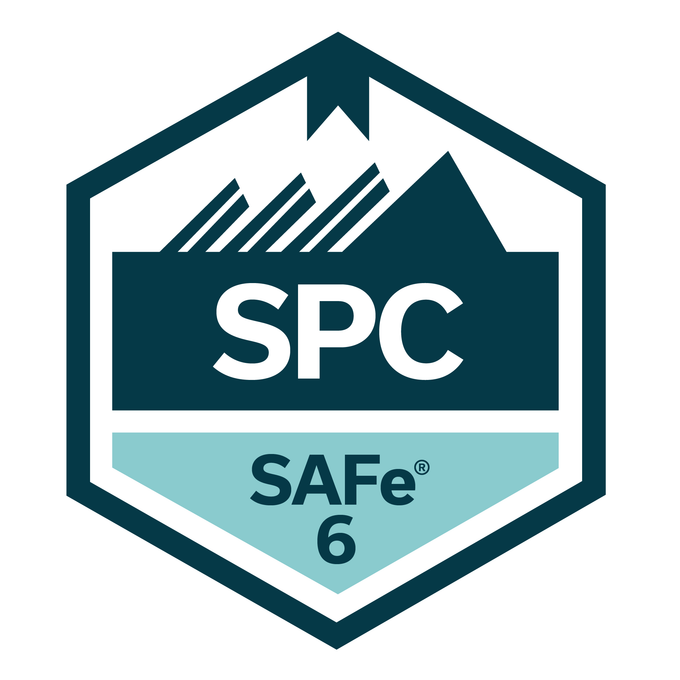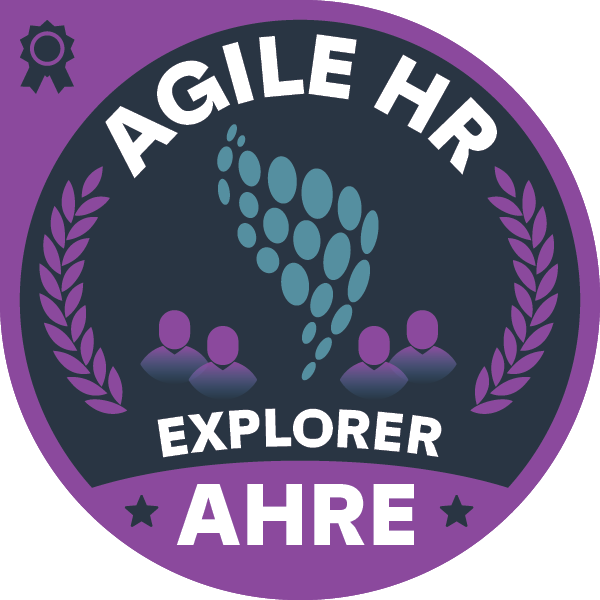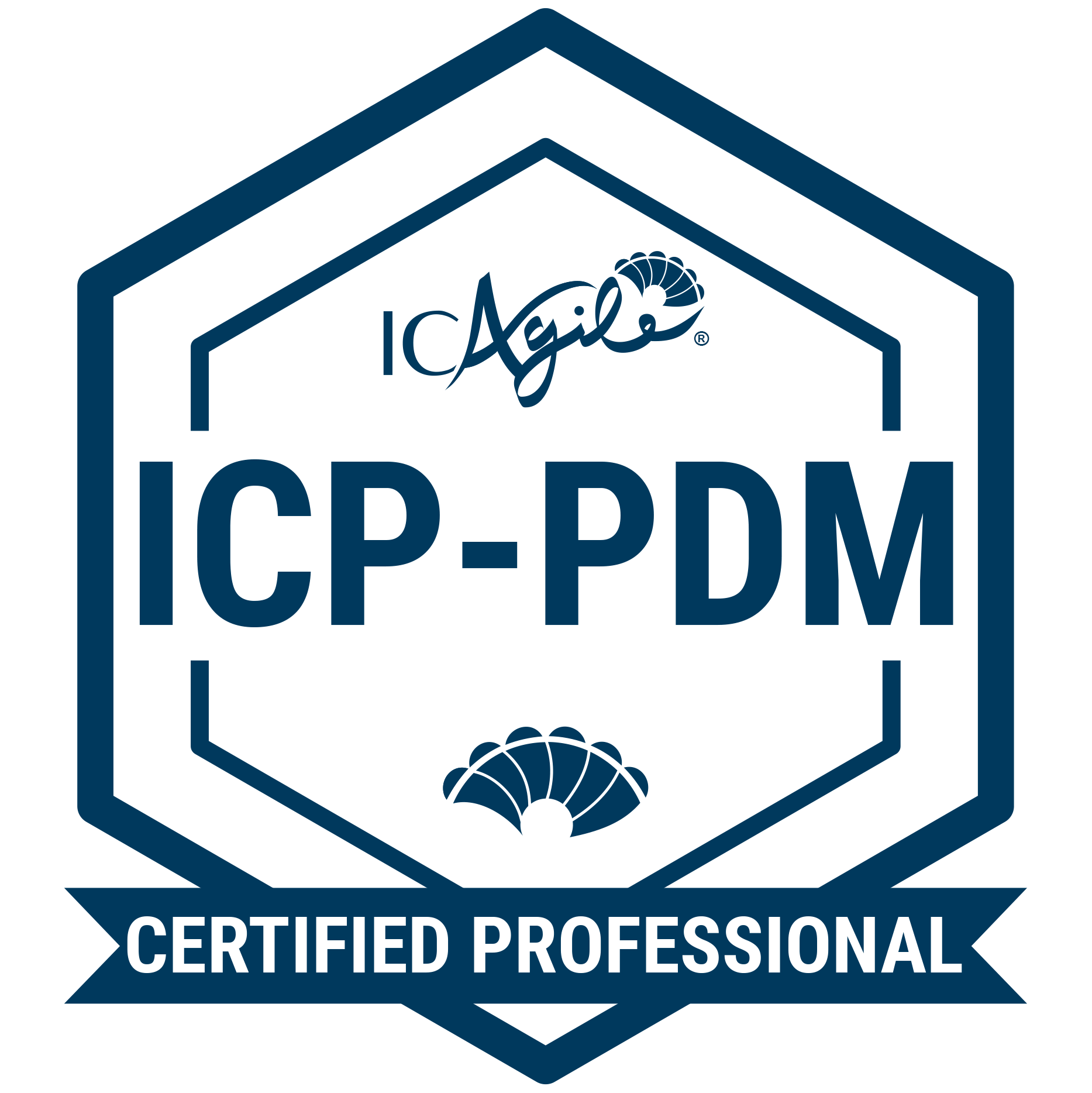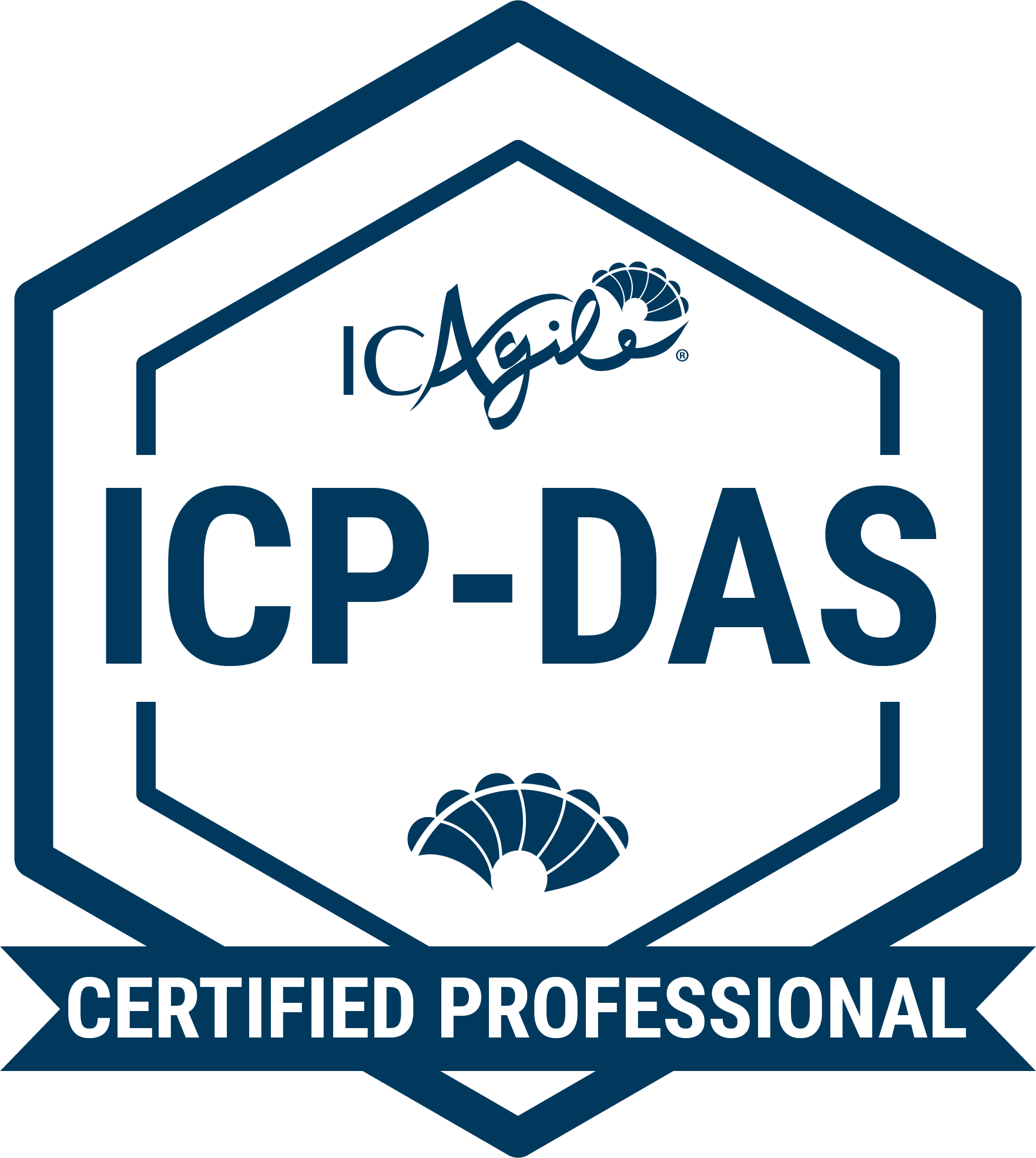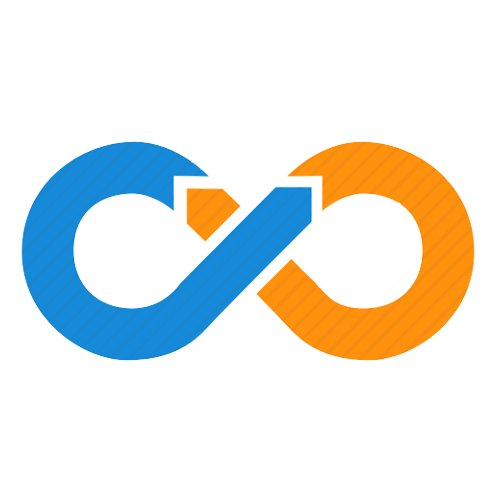Welcome back to our AI and Agile Development Tutorial series! In our previous post, we discussed what Agile methodologies are and why they are important in the tech world today. Today, we're going deeper into how combining Agile practices with AI technologies is creating a powerful new dynamic in modern development.
Aligning Agile development methods with AI can speed up your work, make it better, and help you make better decisions at every step, whether you're making machine learning models, AI-based apps, or automation tools.
What Are Agile Practices? A Quick Refresher
Agile development focuses on being flexible, working together as a team, and always getting better. Agile breaks work into smaller parts called sprints, which is different from traditional models that follow a strict, linear path. The team reviews, thinks about, and improves at the end of each sprint, which lets them keep delivering and learning. This model is very useful for fields that change quickly, like AI development, where being able to experiment and change is important.
A New Dynamic: Agile Practices with AI
Adaptability, working together, and getting working software out in short cycles are all important parts of agile practices. With AI, you're not just reacting to change; you're predicting it. AI gives Agile teams the power to:
-
Look at a lot of data in real time
-
Bring out patterns and predictions that matter
-
Make sprint decisions faster and smarter
For instance, AI can read user feedback overnight and give Agile teams new, useful information to start their day with. This makes everything from planning sprints to prioritizing the product backlog easier.
Why Use Agile Methodologies for AI Development?
Let's look at why Agile methodologies for AI projects are so important:
1. Faster Experimentation with Agile AI Development: The sprint-based approach in agile AI development makes it easier to quickly create rapid prototypes. Agile lets you quickly check your assumptions and make improvements with each iteration, whether you're testing different algorithms, looking at data sources, or improving machine learning models.
2. Easy to Adapt to Change: AI projects often need to be able to handle changing data sets or unexpected results. Agile has built-in flexibility that lets teams change direction and change their priorities based on real-time data. This is a big plus of agile for AI development teams.
3. Higher Efficiency Through Agile Software Development Practices: Agile helps teams find problems early, cut down on rework, and make better models by using things like automated testing and continuous integration. These agile software development methods make the AI pipeline more efficient and dependable.
4. Better Collaboration Between Roles: Agile promotes close cooperation between developers, data scientists, business analysts, and stakeholders. In complicated AI settings, this unified approach makes sure that everyone is on the same page, has the same goals, and can solve problems more quickly.
|
💡Tip: What is one example of an Agile team development practice? Daily stand-ups, a short, focused team check-in, help maintain alignment and accountability. |
5. Built-In Continuous Improvement: Reflection and learning are at the heart of Agile. For AI teams, post-sprint reviews let them keep improving their models and processes based on feedback and performance metrics, which is necessary for long-term success.
Unlock Your Agile Coaching Potential!
Ready to take your Agile career to the next level? Enroll in our Certified Agile Coach ICP-ACC Training today and gain the skills, tools, and certification to lead teams towards true Agile transformation. With expert trainers, practical insights, and an engaging learning environment, you'll be equipped to make a real impact.
Secure Your Spot Now!Agile Methodologies for AI Projects
Agile doesn't work for everyone. Some frameworks work better with AI because it is not linear and is always changing. For instance:
-
Kanban project management is a great way to keep track of ongoing AI research or data analysis tasks because it lets you see how things are going.
-
Scrum lets you do time-boxed experiments, which is helpful for iterating on models and adding new features.
-
SAFe and LeSS can help Agile grow across AI teams in large companies that are working on more than one model or product.
What Are the Agile Leadership Best Practices for AI Teams?
Agile leadership is very important for creating a culture that encourages new ideas. Some of the best ways to do things are:
-
Encouraging experimentation and learning from failure
-
Removing blockers so teams can focus on value creation
-
Aligning AI goals with customer-centric outcomes
These Agile leadership best practices ensure your team is empowered, adaptive, and constantly improving.
Key Takeaways
Agile for AI development teams can increase their chances of success by using Agile practices. Agile lets you try things out faster, adapt to changes quickly, and keep improving your work so that the AI solutions you make are always of the highest quality. Agile ai development methodology can help you reach your business goals faster, whether you're making machine learning models, neural networks, or AI-powered automation tools.
If you want to speed up your AI projects, think about how Agile can help you improve both the way you work and the quality of your AI solutions. AI development teams can increase their chances of success by using Agile methods. Agile lets you try things out faster, adjust to changes quickly, and keep improving your work to make sure the AI solutions you come up with are the best they can be. Agile methods can help you reach your business goals faster, whether you're working on machine learning models, neural networks, or AI-driven automation tools.
So, if you want to speed up your Agile methodology for AI projects, think about how Agile can help you improve both the way you build things and the quality of your AI solutions.






















